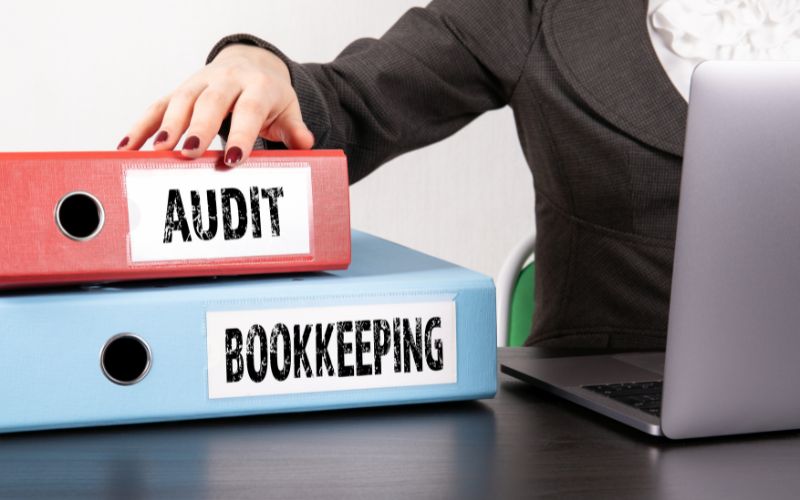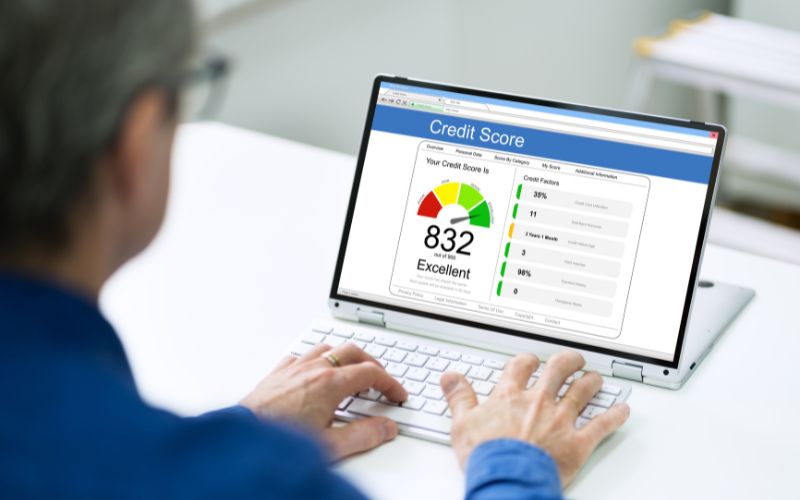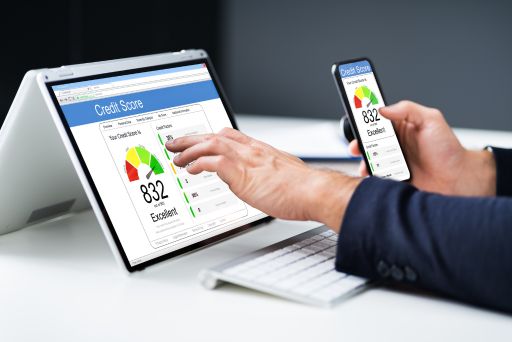
When small business owners seek financing, one of the most overlooked but vital elements of success is bookkeeping. While it may seem like a back-office task, bookkeeping plays a frontline role in determining your eligibility for funding. Without clean and accurate financial records, your chances of getting approved for a loan drop significantly.
So, how exactly does bookkeeping help you secure a business loan? Let’s dive into the details.
Why Bookkeeping Matters in Business Loan Applications
1. Demonstrates Financial Stability
Lenders need to know whether your business is stable enough to repay the loan. Accurate bookkeeping gives a clear snapshot of your company’s financial health. This includes tracking income, expenses, liabilities, and assets, all of which help show a consistent cash flow and responsible financial behavior.
One of the primary requirements for loan application is showing that your business is financially sound. This means your balance sheets, income statements, and cash flow reports must reflect a steady performance—something that only up-to-date bookkeeping can ensure.
2. Provides Transparency
Another major factor in what banks look for when reviewing a loan application is transparency. Lenders want to understand how your business operates financially. Organized bookkeeping provides transparency into your day-to-day operations.
When your books are well-managed, it’s easier to answer questions like:
- How profitable is the business?
- What are the current liabilities?
- Are there any red flags in spending patterns?
With accurate financial records, lenders gain confidence that you’re not hiding any financial problems—something that can make or break your loan approval.
3. Helps with Cash Flow Management
Cash flow management is one of the most important indicators of a business’s financial health. Through proper bookkeeping, you can forecast your cash inflows and outflows, ensuring you always have enough funds to cover loan repayments.
Lenders often require detailed cash flow statements during the application process. If your records show frequent cash shortages or irregularities in payments, it raises red flags.
Good bookkeeping helps you:
- Predict when expenses are due
- Track outstanding invoices
- Maintain liquidity to meet repayment schedules
4. Prevents Fraud and Theft
Fraud and internal theft are issues that can weaken your business’s financial integrity. By maintaining proper bookkeeping records and reconciling accounts regularly, you reduce the risk of undetected financial misconduct.
Lenders are unlikely to fund a business that appears disorganized or vulnerable to internal fraud. Reliable financial records prove that your internal controls are effective—building more trust in your operation.
5. Ensures You Are Tax Compliant
Another reason bookkeeping is essential is tax compliance. Lenders will examine whether your business has any outstanding tax obligations. If you are not in good standing with the IRS or your state tax agency, you may be disqualified from receiving a loan.
Accurate bookkeeping allows you to:
- Track deductible expenses
- Prepare correct tax returns
- Avoid costly fines or audits
Meeting tax deadlines and providing accurate reports reassure lenders that your financial practices are sound, reducing perceived lending risk.

6. Helps You Forecast Your Financial Future
When applying for a business loan, lenders often ask for financial projections that cover the next 1–3 years. These forecasts must be based on your past financial performance—data that comes directly from your bookkeeping.
You’ll need to show:
- Anticipated revenue growth
- Projected operating costs
- Expected profits and margins
These projections help banks understand how you plan to use the loan and whether your business will generate enough revenue to repay it. Inconsistent or vague projections can be a red flag, leading to a rejected application.
7. Due Diligence and Lender Confidence
Before granting a loan, financial institutions will conduct due diligence. This involves a detailed analysis of your financial records to assess the viability and risk of lending to your business.
Here’s what banks look for when reviewing a loan application:
- Three years of financial statements
- Bank account reconciliations
- Proof of consistent revenue
- Low debt-to-income ratio
Without clean books, you may not meet the requirements for loan application, delaying approval or causing outright denial. Organized bookkeeping ensures you can quickly respond to any lender requests during due diligence.
The Consequences of Poor Bookkeeping
If your books are inaccurate or incomplete, you may face:
- Loan rejections
- Higher interest rates
- Smaller loan offers
- Reduced credibility with lenders
Additionally, poor bookkeeping makes it difficult to monitor your own financial performance. You might underestimate debt levels, miss tax deductions, or miscalculate profits—all of which can have serious consequences when applying for loans.
Hire a Bookkeeper or Accountant
For most small businesses, it’s worth hiring a professional bookkeeper or accountant such as Vyde to ensure your records are always accurate and up to date. This not only makes you loan-ready but also helps you run your business more effectively.
Bookkeeping Creates a Solid Foundation for Business Growth
Bookkeeping isn’t just about getting loans—it’s about building a business that is scalable, credible, and financially sustainable. Whether you’re applying for a short-term line of credit or a multi-year term loan, clean financial records are the bedrock of trust between your business and the lender.

Vyde: Your Trusted Partner in Bookkeeping and Business Financing
If you want to increase your chances of securing a loan, you need more than just basic bookkeeping—you need expert guidance. That’s where Vyde comes in.
Vyde is more than just an accounting firm. We specialize in helping small businesses:
- Maintain accurate, tax-compliant books
- Prepare complete loan application packages
- Understand lender expectations and ratios
- Build strong financial systems for long-term growth
Whether you’re preparing for tax season or seeking funding to expand your business, Vyde provides the clarity and confidence you need. Our experts know exactly what banks look for when reviewing a loan application, and we ensure your business meets those standards.
Ready to Secure the Loan Your Business Deserves?
Bookkeeping is not optional—it’s essential. From meeting requirements for loan application to building financial stability, accurate books can make the difference between getting approved or denied.
Let Vyde help you turn your financial data into a powerful tool for growth. Contact us today and make your next loan application your most successful one yet.








































